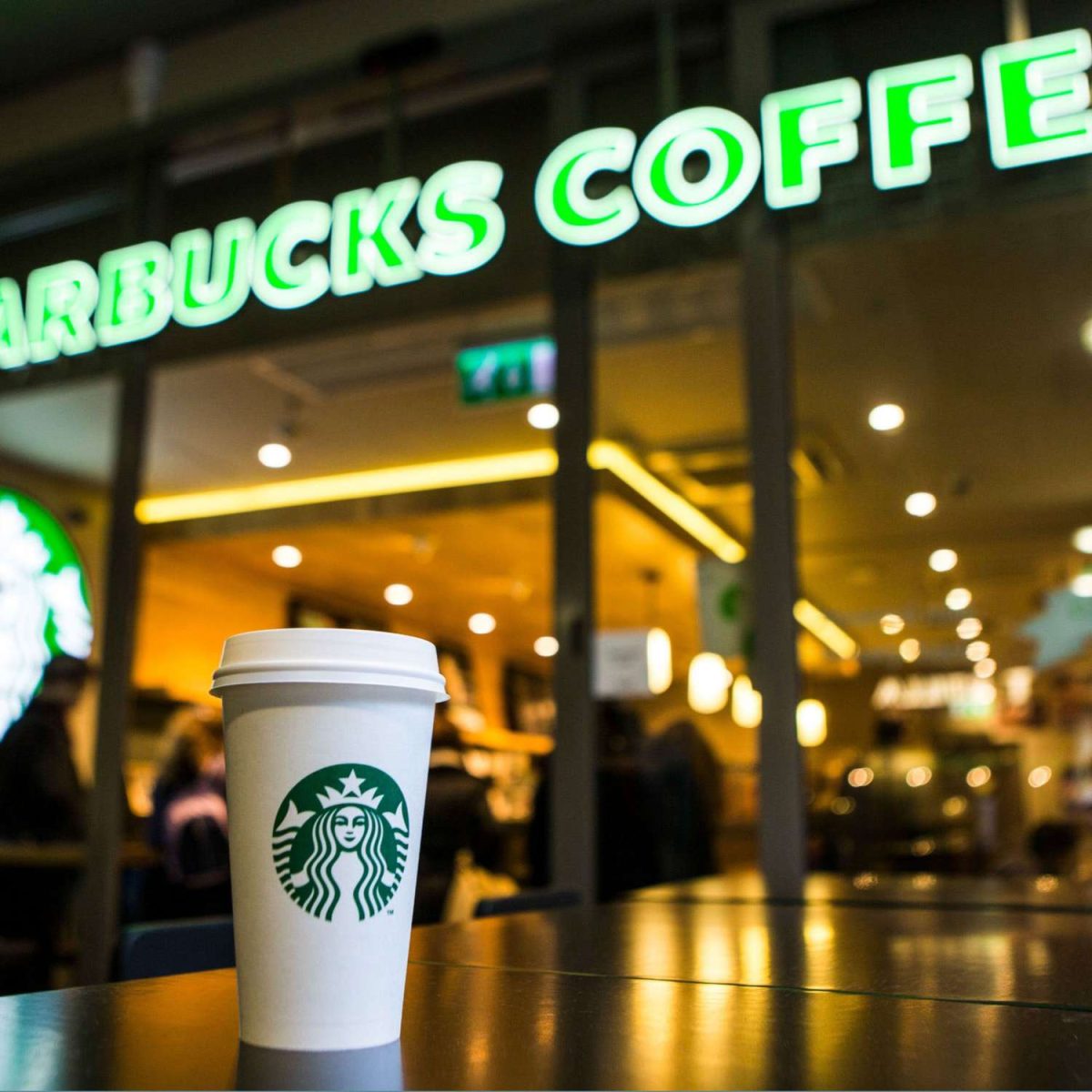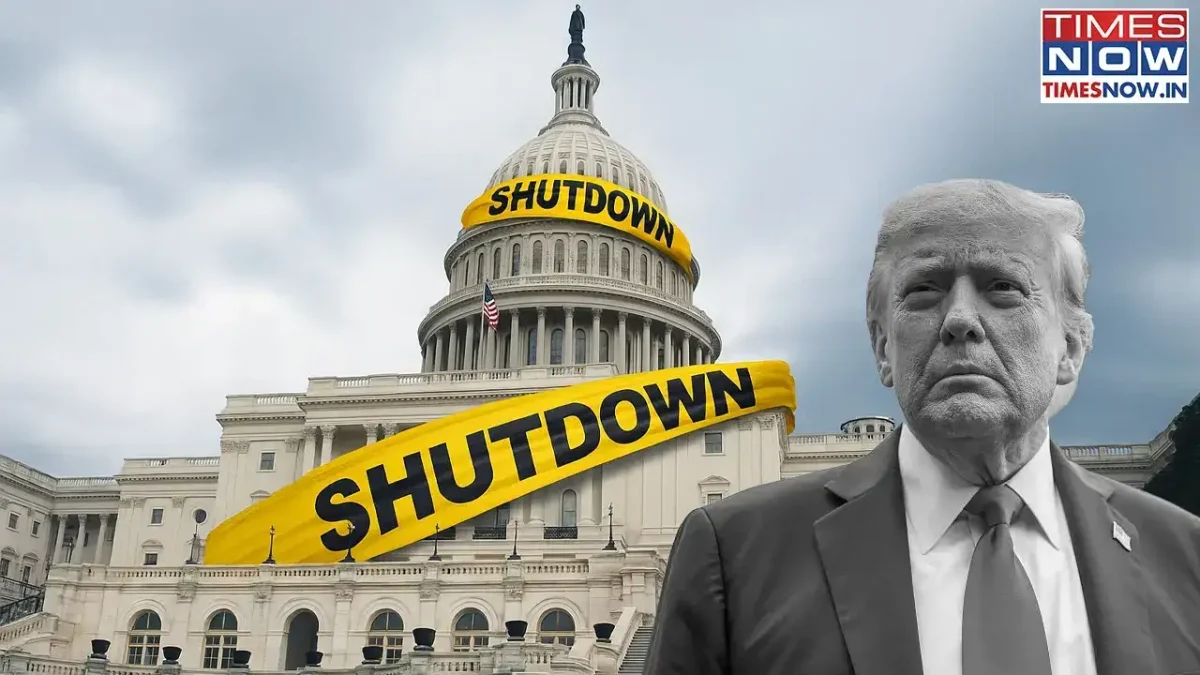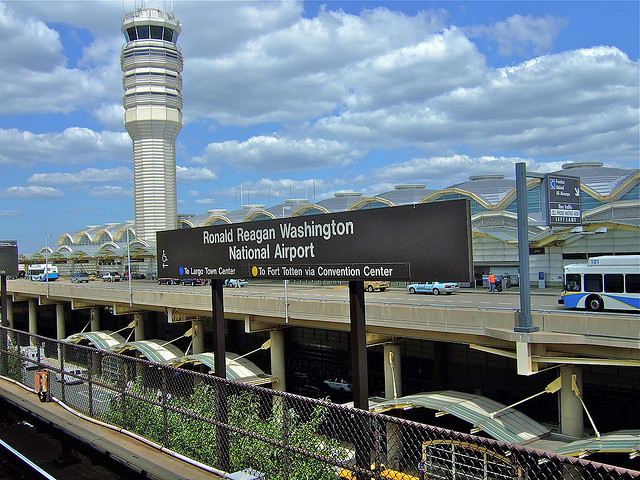In a significant policy shift, Starbucks has announced that it will require customers to make a purchase if they wish to use the restroom or simply hang out in its stores. This change, effective immediately, marks a departure from the more inclusive open-door policy established in 2018. The new code of conduct, which will be prominently displayed in all company-owned North American stores, also prohibits discrimination, harassment, consumption of outside alcohol, smoking, vaping, drug use, and panhandling.
Starbucks spokesperson Jaci Anderson emphasized that the revised rules are intended to prioritize paying customers and align with practices already common among other retailers. “We want everyone to feel welcome and comfortable in our stores,” Anderson stated. “By setting clear expectations for behavior and use of our spaces, we can create a better environment for everyone.” The code of conduct explicitly warns that violators will be asked to leave, and law enforcement may be called if necessary. Additionally, Starbucks employees will receive training on how to enforce the new policy.
The reversal of the open-door policy, which was implemented following a high-profile incident in 2018, reflects a significant shift in the company’s approach to customer inclusivity. The previous policy was introduced after two Black men were arrested at a Philadelphia Starbucks while waiting for a business meeting. They had not made a purchase, and the store’s then-policy required non-paying customers to leave. The incident, captured on video, sparked widespread outrage and was a major embarrassment for Starbucks. At the time, then-Chairman Howard Schultz expressed a desire to ensure that no one felt “less than” if they were denied access. “We don’t want to become a public bathroom, but we’re going to make the right decision a hundred percent of the time and give people the key,” Schultz said.
However, the open-door policy led to unintended consequences, with employees and customers increasingly facing unruly and sometimes dangerous behavior in stores. In 2022, Starbucks closed 16 stores nationwide, including six in Los Angeles and six in Seattle, due to repeated safety issues such as drug use and other disruptive behaviors that posed threats to staff. These closures underscored the challenges of maintaining a welcoming yet safe environment for all patrons.
The new policy is part of a broader effort by Starbucks’ new chairman and CEO, Brian Niccol, to revitalize the chain’s declining sales. Niccol has expressed a desire to recapture the community coffeehouse atmosphere that once defined Starbucks, before long drive-thru lines, mobile order backups, and other issues made visits more burdensome. By implementing stricter rules, Starbucks’ aims to create a more controlled and pleasant environment for customers who are there to enjoy their coffee and the ambiance.
In summary, Starbucks’ decision to require purchases for restroom use and hanging out in stores represents a significant policy shift aimed at balancing inclusivity with safety and customer satisfaction. While the open-door policy was well-intentioned, its unintended consequences necessitated a reevaluation. The new code of conduct seeks to ensure that Starbucks’ remains a welcoming space while addressing safety concerns and prioritizing the experience of paying customers. As the company moves forward under Brian Niccol’s leadership, it will be interesting to see how these changes impact both the customer experience and the overall perception of Starbucks’ brand.






















